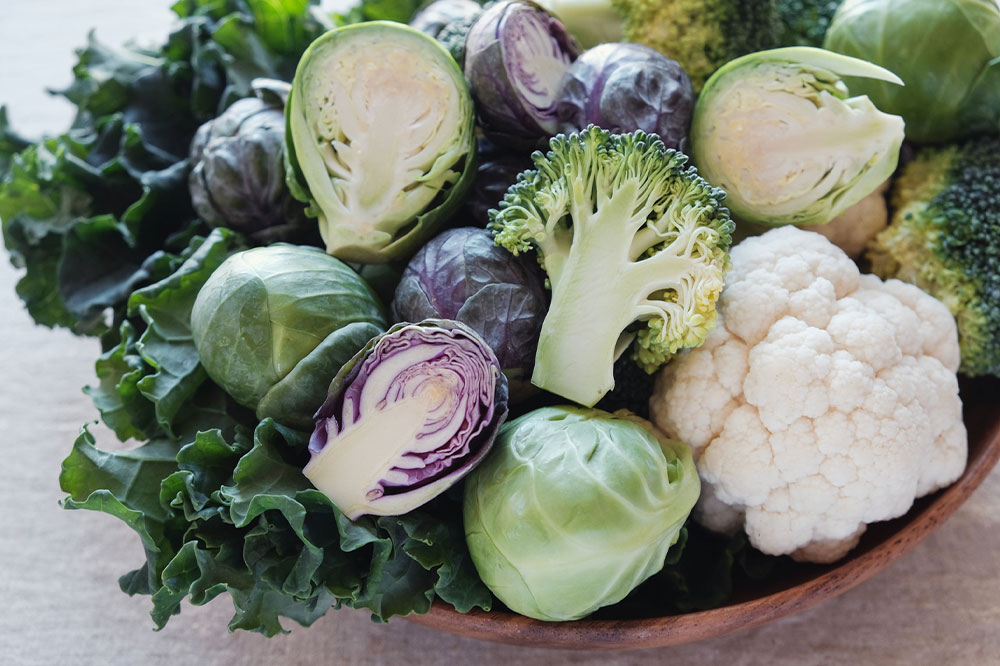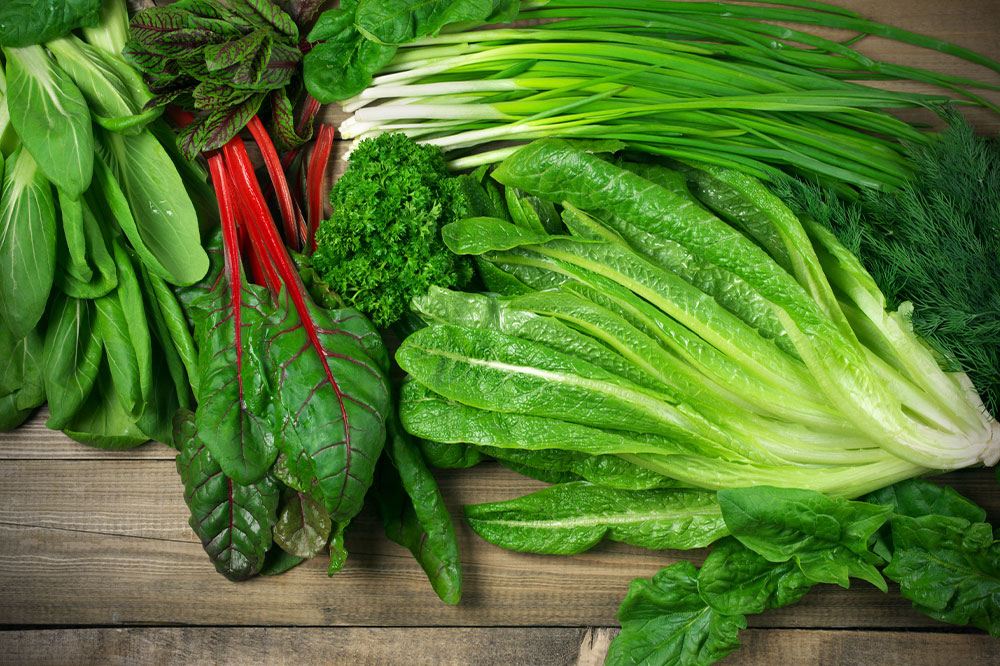Key Precautions for Managing Lupus Effectively
This article highlights five crucial precautions for individuals with lupus, emphasizing sun protection, stress management, and dietary adjustments. Proper lifestyle practices can help prevent flare-ups and manage symptoms effectively. Consult healthcare professionals for personalized advice.

Essential Avoidances for Lupus Patients
Lupus is an autoimmune disorder where the immune system attacks healthy tissues, leading to inflammation in various organs such as joints, kidneys, blood cells, heart, and lungs. Since there is no cure for lupus, treatment focuses on controlling symptoms and preventing flare-ups. Patients should adopt cautious habits to minimize complications. Here are five important things to avoid if diagnosed with lupus:
Sun Exposure - Those with lupus are highly sensitive to sunlight, which can exacerbate symptoms. Protecting skin from UV rays involves wearing protective clothing, applying high-SPF sunscreen, and using hats when outdoors.
Stress - Emotional and physical stress can trigger or worsen lupus symptoms. Gentle activities like yoga, meditation, or light exercise can help manage stress levels and promote well-being.
Red Meat - Foods like beef, pork, and lamb contain saturated fats, increasing cholesterol and cardiovascular risk. Since lupus already heightens heart disease risk, limiting these foods is advisable.
Garlic - Although anti-inflammatory, garlic may stimulate immune activity too much in lupus, possibly causing flare-ups. It’s best to consume garlic in moderation or consult a healthcare provider.
Salt - Excess sodium intake raises blood pressure and heightens heart risks. Processed foods, canned products, condiments, and preserved items often contain high salt levels and should be eaten sparingly.










